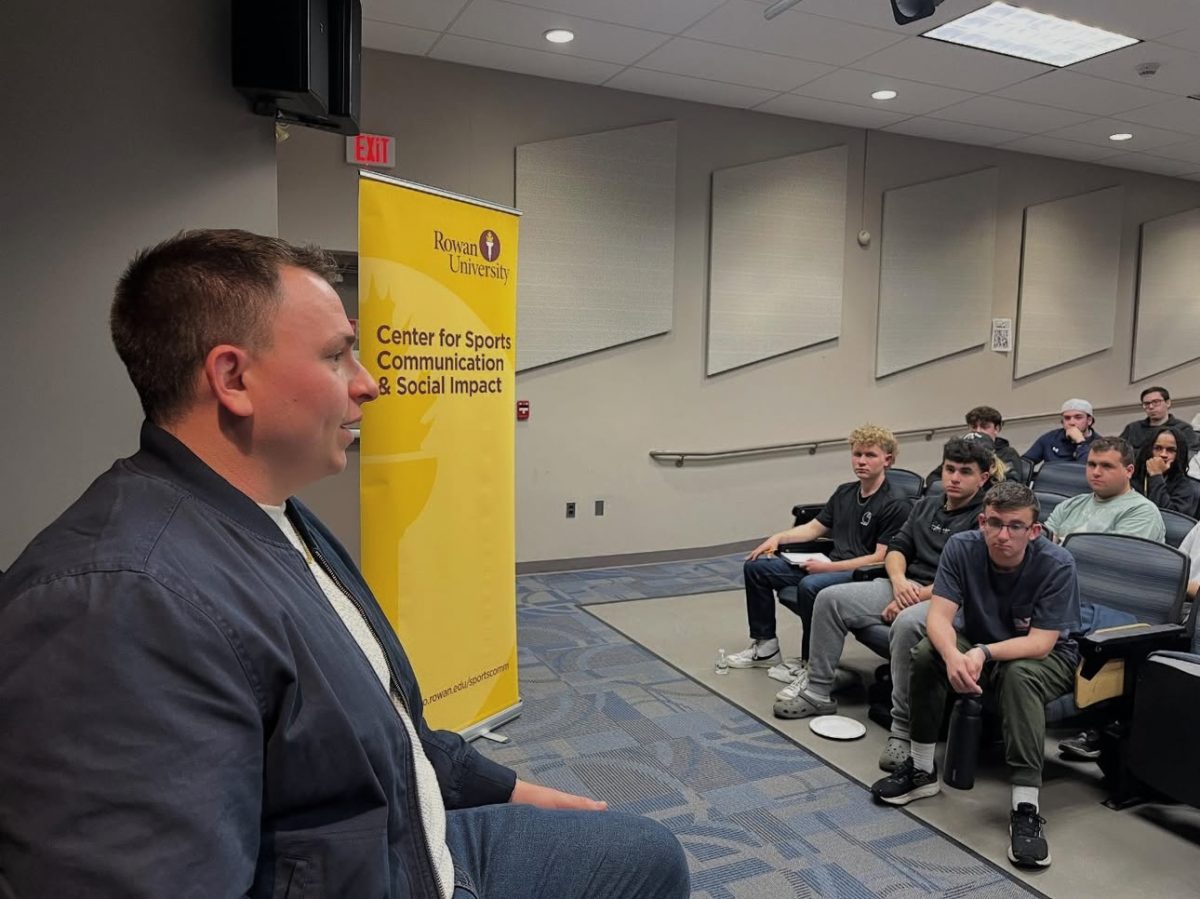We are about to finish our third week of the fall semester. Here I am, sitting among students on their laptops with focus and determination on their faces. It is still pretty early in the semester and you may have started to feel the pressure begin to build. I had a doctor once tell me that there is good and bad stress in life; I agree with him. When it comes to bad stress, we really need to take a step back and think for a minute. Too much stress can cause your mind to race into things that are dangerous, like suicidal thoughts. Did you know that September is National Suicide Prevention month? Do you know where suicide is ranked on the United States’ leading cause of death in universities?
Neumann University’s National Data on Campus Suicide and depression shares a few figures on suicide in colleges. According to the sheet, suicide is the second-leading cause of death among 20 to 24-year-olds. Every day, approximately 80 Americans take their own life and 1,500 more attempt to do so.
How do you know what to look for to help prevent suicide?
College and Teen Suicide Statistics: The Grim Numbers Behind Adolescent Suicides and Attempts by Jackie Burrell provides insights. Burrell lists mood swings, withdrawal, an obsession with death and disregard for personal appearance as some signs for which to look out. Many individuals show warning signs prior to a suicide attempt and it is critical to keep watch for any of these signs or any concerning language.
Suicide and suicidal behavior is a huge concern for students. An Ohio State University suicide prevention page, Suicide among university students in the United States, says “efforts are underway to introduce suicide prevention programming on many college and university campuses,” showing an increased awareness of this growing problem.
An entire web page, Suicidal Thoughts,published by eMedicine Health is dedicated to discussing this matter.
In this, Michael J. Peterson, MD, offers tips to help those that are struggling with suicidal thoughts. He notes the importance of social supports including family members, friends or other connections as correlating with a lower risk of suicide. Further, positive coping strategies include adequate sleep, and good diet and exercise
We need to beat the odds and statistics and fight the hardest. Keep moving forward. Take one second, one minute, one hour and one day at a time. If you or any one you know is struggling with suicide, please call the Suicide Prevention LifeLine at 1-800-273-TALK (8255) or go to the nearest Student Health Services. For Rowan students it’s the Wellness Center.
For questions/comments about this column, email [email protected] or tweet @TheWhitOnline.




































































































































































































